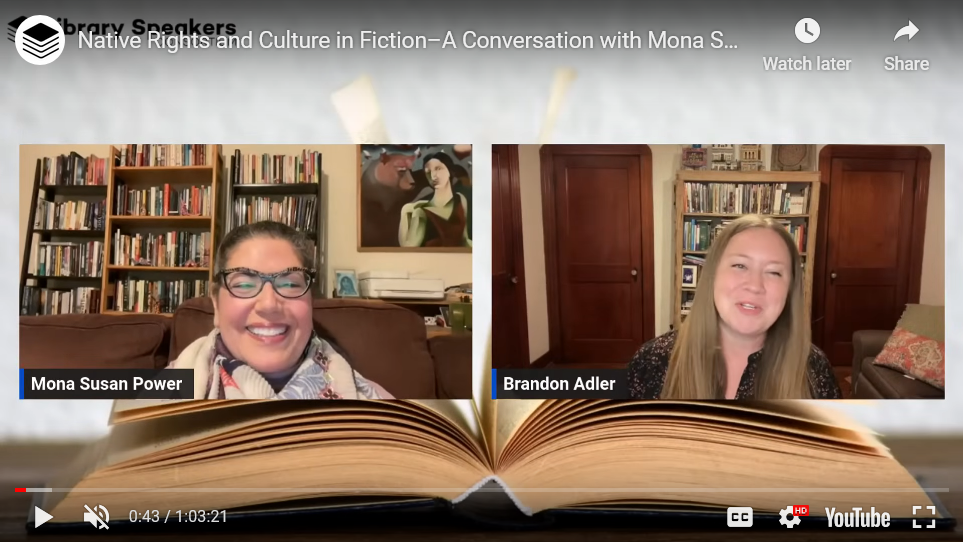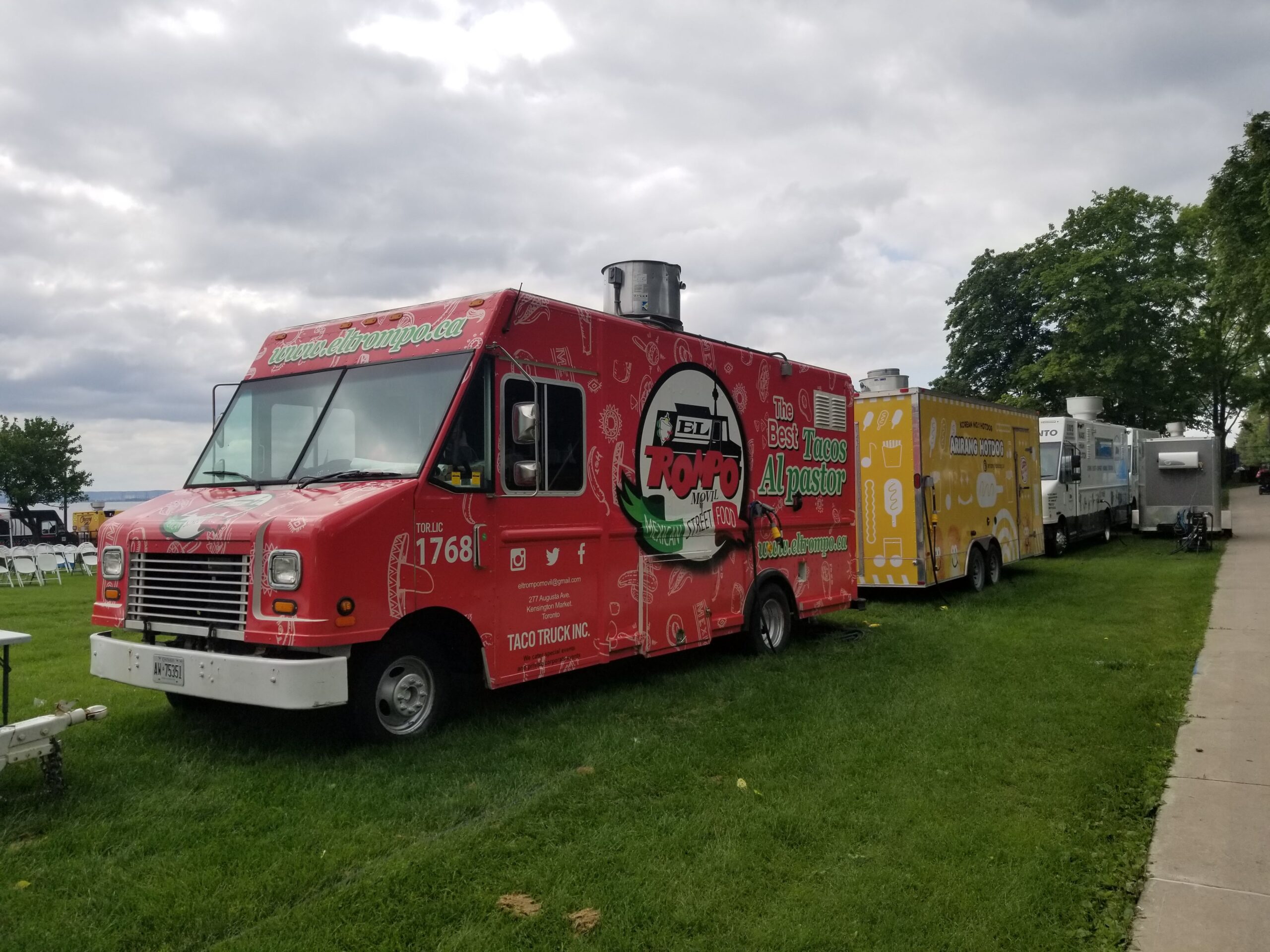By Jack Brittle, Local Journalism Initiative Reporter
On November 20, the Burlington Public Library held an author talk with Mona Susan Power as part of the Burlington Literary Festival (BurlLITFest).
The talk, which the Library Speakers Consortium facilitated, focused on Power’s new novel A Council of Dolls, a three-part narrative focused on three Native American women, each in a different part of the United States and different time periods.
Each story is told partially through the viewpoint of a doll that each woman carries and tackles issues of genocide and Native American boarding schools.
Before host Brandon Adler began the Q&A portion of the talk, Power spoke about her love of libraries.
“I had several favourite libraries in the city of Chicago,” Power said. “And this was in the 60s. And even though I was a preschooler and I couldn’t read yet, I would stare at the words and try to will myself to just know how to read. I treated the books so carefully and reverently that librarians noticed, and I was allowed to have my first library card when I was two years old. And for me, it was like winning the lottery.”
Power then read an excerpt from the book, which she said chose because it reminded her of her mother, who she learned most of her knowledge of the boarding schools from.
Power said that she had initially planned to simply write a short story, but that after the doll concept came into play, she decided to expand her writing to a novel.
The book also serves as an expansion of Power’s earlier short story Naming Ceremony, which featured the “Sissy” doll as a main character. Power said that she decided to expand the story after realizing that readers may need more context to properly interpret certain characters’ motivations and personalities.
“That’s why it became this three-generational story very organically,” Power said.
The story is also told in a non-linear manner, instead of chronologically. Power said that this was also done for similar reasons.
“It will leave a bad taste in the mouth, and I wanted there to be such compassion,” Power said. “For me, the villain of the piece is the system of colonization itself and how it impacted Indigenous peoples.”
Power said that while the book is a work of fiction, she would often start writing by taking inspiration from her own life and tweaking details to create a fictional setting. Power also said that minimal research was needed regarding “Indian” Boarding Schools, as many of her ancestors attended such institutions and recalled details about them to her at a young age.
Power said that she is a very intuitive writer, and rarely makes conscious decisions about her characters.
“It’s like their voices fill my head,” Power said. “I see films of these characters playing out in the back of my mind.”
Power spoke about the fact that Native American culture was often in opposition to its Western counterpart, using Indigenous peoples’ aversion to corporal punishment as an example. Power said that this clash of cultures often led to the corruption of Indigenous ideals and behaviour.
“I was trying to show the love that was there, whether it was a mother or father, disrupted and harmed, by what was happening to them,” Power said.
Power said that she relates to the girls in the book, as she would often use her imagination to try to escape from difficult circumstances.
“When I was in situations I just could not handle, but I did not have support in those moments, I always leaned into my imagination to help get me out of that,” Power said. “If physically I couldn’t leave, I could leave imaginatively. I could spin fantasies of what my life really was and who I really was in this other world.”
To listen to the whole talk, visit https://libraryc.org/bpl/60753.





